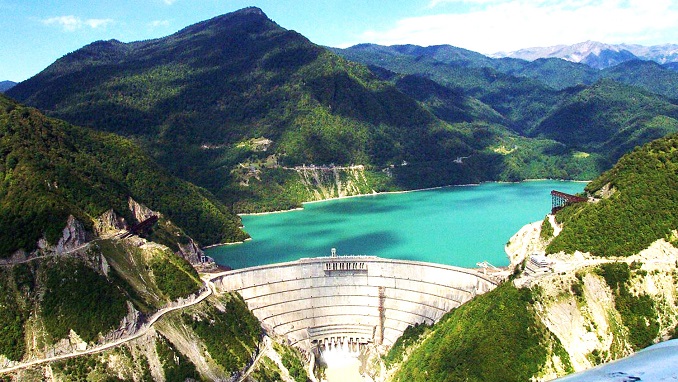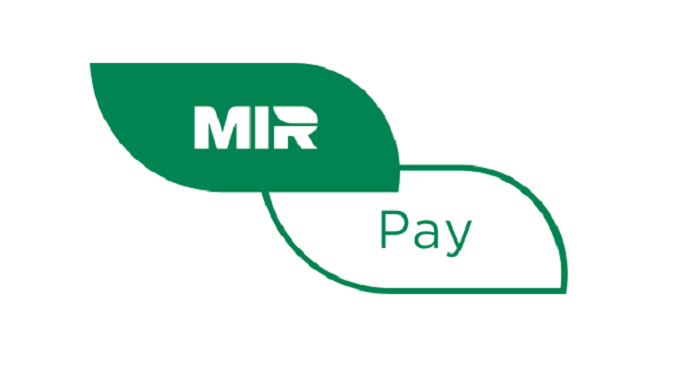The largest electricity-producing infrastructure in Georgia, the Enguri hydropower plant (HPP), is awaiting the implementation of digital management that is being jointly prepared by Georgia’s digital technology company UGT and Austria’s largest electricity provider Verbund, Georgian Ministry of Economy announced on Tuesday.
The digital management project in Enguri HPP, which also supplies energy to the country’s Russian-occupied region of Abkhazia, is currently in the first phase of its implementation which involves in-depth analysis and preparation of technical tasks for the second phase.
Georgian Deputy Economy Minister Romeo Mikautadze, who had a meeting with a delegation from the Austrian company to discuss the project, emphasized that Enguri HPP’s transition to digital management is key to ensuring a more effective, safe, operative, and sustainable operation of the hydropower plant.
Mikautadze also underscored that this introduction of digital management will be a precedent for the hydroelectric plants in Georgia.
The Austrian team would also inspect the part of Enguri HPP’s infrastructure that is located on the territory of Abkhazia.
Enguri HPP is operated jointly by Georgian and Abkhazian professionals and the electricity that the plant is producing is shared according to an informal agreement both sides have signed.
According to the agreement, residents on the Georgian-controlled territory that Enguri HPP supplies with energy are being allocated 60 percent of the electricity whereas the population in the Abkhazia region is consuming 40 percent of the generated power.
Just how important this hydropower plant is shows the statement of Georgian President Salome Zurabishvili, who emphasized that Georgia’s energy independence is directly related to Enguri HPP and the construction of other HPPs.
During a recent visit to the region, Zurabishvili also pointed out that Enguri HPP, which lies on the Enguri River that separates the two areas, is actually Georgia’s real bridge with Abkhazia because it is managed jointly and it is probably the only mutual economic activity of this kind that still unites the two entities.



